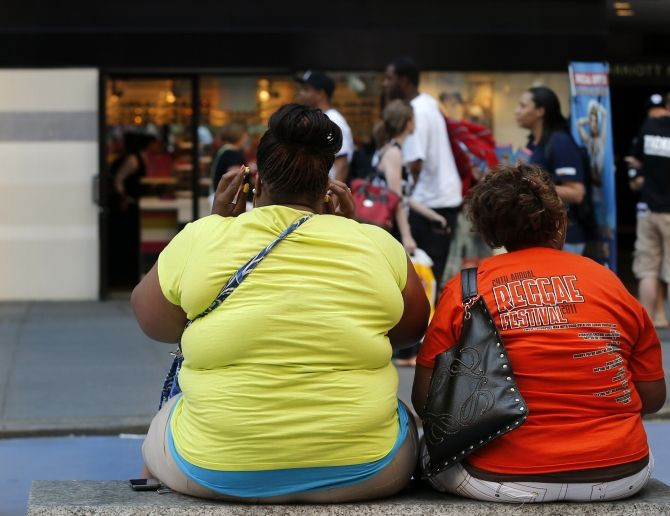Rapid Increase of Worldwide Laziness as Global Physical Activity Levels Decline

Global inactivity has rapidly increased as more people spend less time performing physical activity. The decline of physical activity affects the current obesity epidemic and could increase the risk of other diseases.
The decrease in physical activity was reported across the global and not just in developed countries. New research is showing the decline of physical activity occurring everywhere from America, the United Kingdom, China, India and Brazil. A lot of the blame goes to modern technology, not just television or computers but refrigerators, microwaves and washing machines are also behind the decline of physical activity.
The study unveiling the decline in global physical activity was led by Barry Popkin, PhD, and Shu Wen Ng, PhD, both from the University of North Carolina at Chapel Hill's Gillings School of Global Public Health. The researchers examined data collected since the 1960's on time-use in various countries. The studies were nationally representative and helped document how different people spent time working or being physically active.
The researchers discovered that entertainment technology was not the sole factor behind the global decline of physical activity. In fact, the modern way of life is causing the decline. Jobs and what tasks are required in an office have changed. More jobs are more sedentary and require less movement. At home, how people cook and clean has also changed dramatically.
Performing a task like cleaning the house requires a vacuum cleaner or some other aid that helps reduce the overall time spent doing physical work. If you are washing clothes, you can throw it in the washing machine or if you need to cook something, a microwave or stove makes that task even easier today than ever before. Cars and mass transit has made walking less of a requirement as well, further aiding in global inactivity.
For America, images of children sitting in front of televisions, computers or playing videogames are not uncommon but surprisingly, and while Americans perform the least physical activity on average, American adults are not the laziest around. Adults in the United Kingdom had lower physical activity levels than American adults according to the researchers.
In some countries, physical activity has sharply declined in recent years due to the shift from farming to manufacturing. China and Brazil had the largest declines due to this shift as more machines are being used to cut physical labor as well as more access to home technology and increased use of cars.
The researchers also projected that things will only get worse in the future. Researchers using the metabolic equivalent of task (MET), used to measure the amount of energy spent on completing a task, determined that by 2020 an average American will spend around 142 MET hours per week. According to the researchers, the British will reach those levels by 2030 and Brazil and China will have similar physical activity levels as Americans and the British by 2030 as well.
Physical activity can greatly impact obesity, high blood pressure and reduce the risk of cardiovascular disease. Getting more active is an important, and simple, step to improve global health.
The study was published in Obesity Reviews.
Published by Medicaldaily.com



























